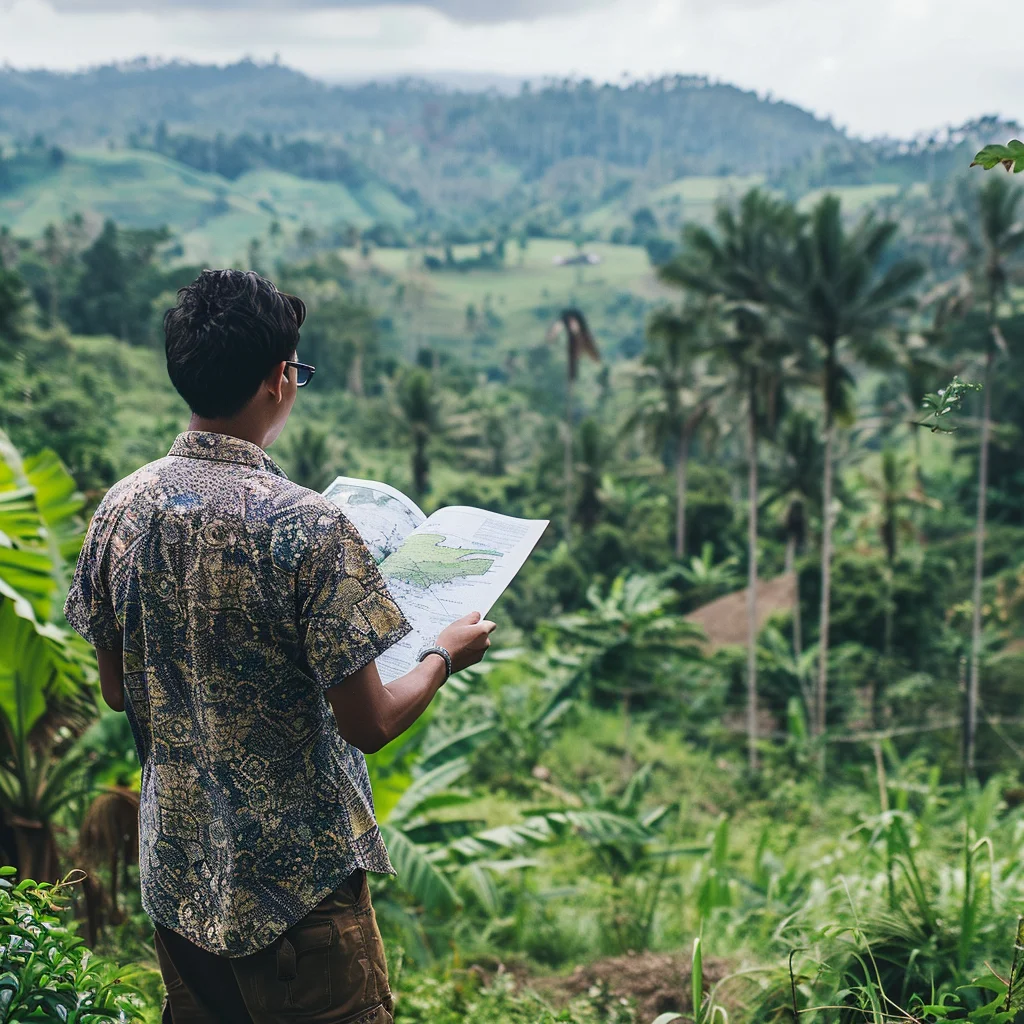Table of Contents
Our previous post covered Due Diligence in Indonesia and why you need one when making any real estate investment. This post concerns the steps needed to perform thorough Due Diligence.
Due diligence in Indonesia, particularly for real estate investments or business transactions, involves a structured process to thoroughly vet all legal, financial, operational, and compliance aspects. While specific steps can vary depending on the nature of the investment or acquisition, the following outlines a general framework applicable to most due diligence in Indonesia:
1. Preliminary Analysis
- Objective Setting: Define the scope and objectives of the due diligence in Indonesia, identifying key areas of focus based on the nature of the transaction or investment.
- Initial Research: Conduct preliminary research on the target property, company, or business opportunity, including market conditions, regulatory environment, and potential risks.
2. Legal Due Diligence
- Title and Ownership Verification: Verify the legal title of the property or the legal status of the business entity, including any claims, liens, or encumbrances.
- Regulatory Compliance: Check compliance with relevant Indonesian laws and regulations, such as real estate zoning laws, environmental regulations, labor laws for businesses, and specific industry regulations.
- Contract Review: Examine existing contracts and agreements, including lease agreements, supplier contracts, employment contracts, and other legal documents, to identify obligations, liabilities, or potential issues.
3. Financial Due Diligence
- Financial Statement Analysis: Review and analyze financial statements, tax records, and other financial documents to assess the financial health and performance of the business or investment.
- Asset and Liability Assessment: Evaluate the assets and liabilities associated with the investment, including physical assets, intellectual property, debts, and contingent liabilities.
- Operational Costs: Review operational costs, revenue streams, and profitability to ensure they align with market norms and projections.
4. Operational Due Diligence
- Management and Operations: Assess the management team’s experience and capabilities, operational efficiencies, supply chain, technology use, and any operational risks.
- Physical Inspection: For real estate investments, conduct a thorough physical inspection of the property to assess its condition, infrastructure, and any needed repairs or maintenance.
5. Market and Environmental Analysis
- Market Analysis: Conduct a detailed analysis of the market conditions, competitive landscape, demand and supply dynamics, and future growth prospects.
- Environmental Assessment: Evaluate environmental risks, compliance with environmental regulations, and the potential impact of environmental factors on the investment.
6. Risk Assessment
- Identify Risks: Compile and assess the risks identified during the due diligence process, including legal, financial, operational, and market risks.
- Risk Mitigation Strategies: Develop strategies to mitigate identified risks, potentially renegotiating terms, seeking indemnities, or altering investment plans.
7. Final Evaluation and Decision Making
- Comprehensive Report: Prepare a comprehensive due diligence report summarizing findings, risks, and recommendations.
- Decision Making: Use the due diligence report to make informed decisions regarding proceeding with the transaction, renegotiating terms, or potentially withdrawing from the investment.
8. Post-Acquisition Integration and Monitoring (for business acquisitions)
- Integration Plan: Develop and implement a plan for integrating the acquired business or asset, focusing on operational, financial, and legal aspects.
- Ongoing Monitoring: Establish mechanisms for ongoing monitoring and management of the investment to ensure continued compliance, profitability, and risk mitigation.
Due diligence in Indonesia requires a thorough and methodical approach, given the country’s complex legal and regulatory environment, diverse culture, and unique market dynamics. Engaging with local experts, such as legal advisors, financial analysts, and industry specialists, is often essential to navigate the due diligence process effectively.

Resources for Due Diligence in Indonesia
Indonesian Investment Coordinating Board (BKPM): The BKPM offers comprehensive information on investment policies, regulations, procedures, and opportunities in Indonesia. It’s an essential resource for foreign investors looking to understand the investment climate and legal requirements.
Ministry of Agrarian Affairs and Spatial Planning/National Land Agency: For real estate investments, this agency provides crucial information on land ownership, registration, and land-related regulations in Indonesia. It’s valuable for understanding the legal aspects of land transactions.
Indonesian Ministry of Environment and Forestry: This resource provides guidelines and regulations on environmental protection and sustainable development relevant to property development and business operations.
About Nour Estates
We started Nour Estates with a simple idea: to make finding your dream land in Lombok as easy and enjoyable as a day at the beach. Our team is a mix of local folks and people from around the world who fell in love with Lombok just like you. We’ve been in your shoes, faced the challenges of buying land here, and learned all the ins and outs. Now, we’re here to share that knowledge with you.
We are here to find you the perfect land to invest in. Contact us today, and let’s start this exciting journey together!




